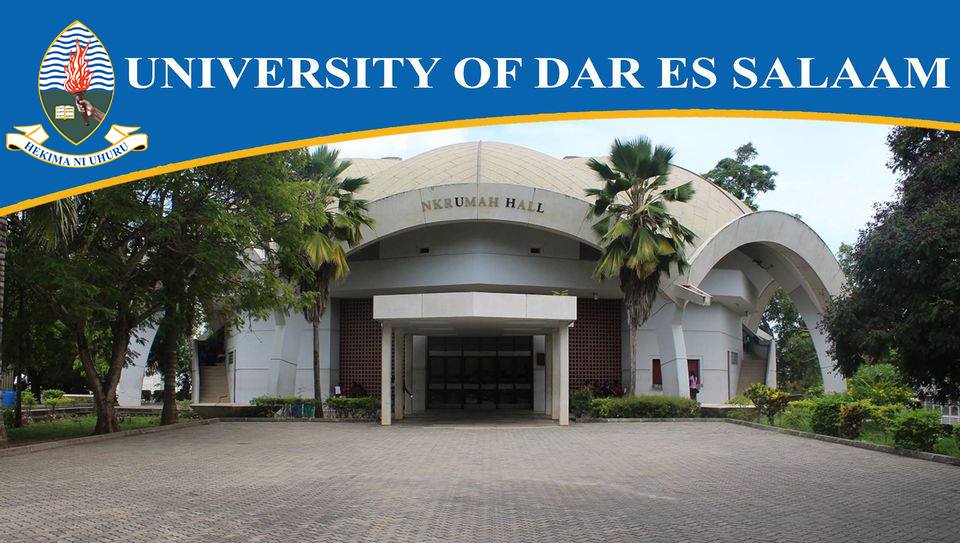
Tanzania’s universities are at the forefront of transforming higher education and driving research innovation, shaping a brighter future for the nation. With strategic investments, cutting-edge programs, and a focus on global competitiveness, these institutions are becoming hubs of academic excellence and groundbreaking discoveries.
This article explores how Tanzanian universities are revolutionizing education, fostering innovation, and contributing to the nation’s development.
Pioneering Academic Excellence
Tanzania’s universities are reimagining the traditional education system by integrating technology, interdisciplinary learning, and industry collaboration. Institutions such as the University of Dar es Salaam, Ardhi University, and Nelson Mandela African Institution of Science and Technology are introducing innovative programs that equip students with skills for the modern workforce.
Key Developments in Academic Programs
- Introduction of STEM Programs: Universities emphasize Science, Technology, Engineering, and Mathematics to meet global demands.
- Digital Learning Platforms: Online courses and virtual classrooms provide access to quality education across the country.
- Industry Partnerships: Collaborations with businesses and organizations ensure students gain practical experience and job-ready skills.
Driving Research and Innovation
Research is at the heart of Tanzania’s universities, with a focus on solving local and global challenges. From agriculture and health to renewable energy and technology, institutions are conducting groundbreaking research that impacts lives.
Notable Research Achievements
- Agricultural Innovation: Universities develop sustainable farming techniques to improve food security.
- Health Research: Institutions contribute to combating diseases through advanced medical studies and innovations.
- Renewable Energy Solutions: Research centers explore solar, wind, and hydroelectric power to support Tanzania’s energy needs.
Funding and Support
The Tanzanian government, alongside international donors, provides significant funding to boost research capabilities. Programs such as the Tanzania Commission for Universities (TCU) Research Fund aim to enhance research infrastructure and encourage innovative projects.
Advancing Global Collaboration
Tanzanian universities actively engage in global partnerships, fostering knowledge exchange and enhancing their international reputation. These collaborations allow students and faculty to participate in international conferences, joint research projects, and exchange programs.
Prominent Global Partnerships
- African Centers of Excellence (ACE): A World Bank initiative supporting advanced research in African universities.
- Bilateral Agreements: partnerships with universities in Europe, Asia, and the Americas to promote academic exchange.
- Regional Collaboration: Engagement with East African universities to address shared challenges.
Challenges and Opportunities
Despite significant progress, Tanzanian universities face challenges such as limited funding, infrastructure gaps, and access to advanced technologies. However, these challenges present opportunities for innovation, with universities adopting creative solutions to overcome obstacles.
Key Opportunities
- Embracing EdTech: Leveraging technology to improve access and quality of education.
- Strengthening Alumni Networks: engaging successful alumni to support mentoring and funding initiatives.
- Focusing on Local Needs: Addressing issues like urbanization, climate change, and public health through targeted research.
The Role of Students and Faculty
Students and faculty are the driving force behind Tanzania’s higher education transformation. With access to quality education and research opportunities, they play a critical role in shaping the nation’s future.
Empowering the Next Generation
- Entrepreneurship Programs: encouraging students to create startups and drive economic growth.
- Leadership Training: Preparing students for leadership roles in various sectors.
- Innovative Teaching Methods: Faculty adopt interactive and experiential teaching approaches to enhance learning outcomes.
Conclusion
Tanzania’s universities are setting a benchmark in higher education and research, demonstrating how innovation and strategic planning can transform academic institutions.
By addressing challenges, fostering global collaboration, and focusing on impactful research, these universities are building a legacy of excellence.
As Tanzania continues to invest in education, its universities will undoubtedly remain at the forefront of shaping the nation’s future, inspiring students, and contributing to global progress.
Stay informed about the latest developments in Tanzanian higher education and witness how these institutions are changing the academic landscape, one innovation at a time.
Related articles
- Top 10 Students in KCSE Results 2024/2025: How to Check and Celebrate Excellence
- Top 100 Students in KCSE Results 2024/2025: Celebrating Kenya’s Brightest Minds
- Top 10 Schools in KCSE Results 2024/2025: Leading the Nation in Academic Excellence
- How to Check KCSE Results 2024/2025: A Step-by-Step Guide
- KCSE Results 2024/2025: How to Access, Interpret, and Plan Ahead


